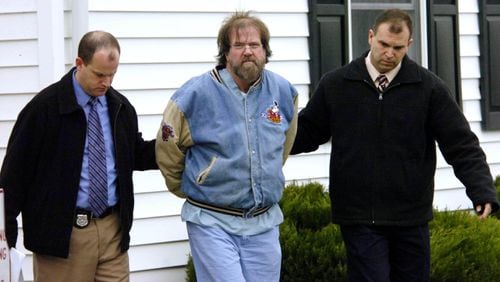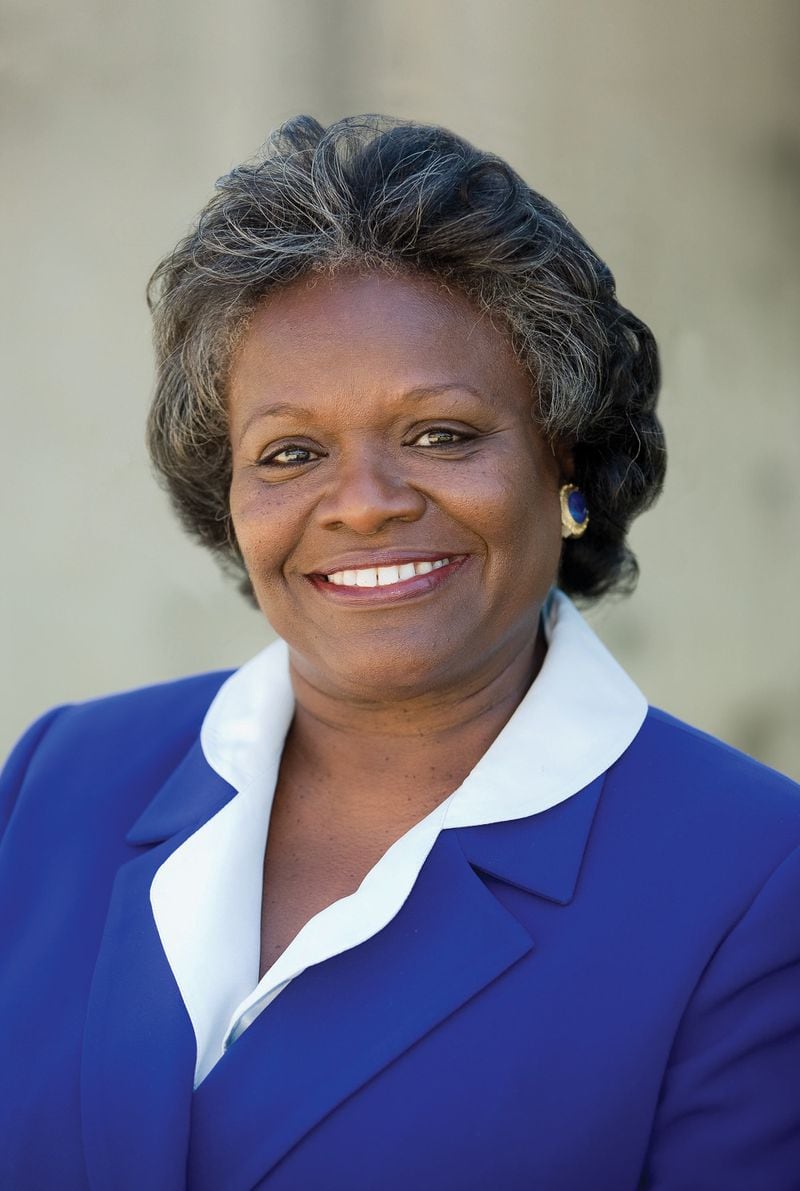Linda Ammons was a law school dean in Delaware when she was tapped by the governor to answer a disturbing question: Why didn't someone stop a pedophile pediatrician before he had abused hundreds of kids?
Police in Delaware arrested Dr. Earl Bradley in 2009. He is serving a life sentence for the sexual abuse of his patients, with no chance of parole. When the police found hours of videos Bradley had made of himself raping and molesting patients, it was almost impossible for those involved to imagine that a once-admired doctor was capable of such brutal, horrifying acts.
RELATED: Read the AJC story about the Bradley case.
"It's so hard to believe," said Ammons, who is now Dean Emeritus of the Widener University School of Law. "Everybody believes that the boogeyman is somebody you don't know, crouching in the dark bushes somewhere."
Credit: Carrie Teegardin
Credit: Carrie Teegardin
But that's not how it is, Ammons said.
"The boogeyman, 99 times out of 100, is somebody you know, who you may respect and you may have had a long relationship with. That is what we just can't seem to get right," she said.
After researching the disturbing details for months, Ammons came up with a slate of recommendations for new laws that could protect patients from another predator. The Delaware General Assembly adopted most of what Ammons suggested.
"I can’t see any reason for any state to not want the kind of legislation that Delaware was willing to pass," Ammons said.
But most states do not have anything close. As part of its Doctors & Sex Abuse series, The Atlanta Journal-Constitution rated the patient protection laws in every state. Delaware ranked first in the nation for its post-Bradley laws that today offer patients the most comprehensive protections in the nation.
"I think states have a mandate to insure that the public is protected because one of the things states are organized around is that they operate on behalf of the public welfare," she said. "It's not in the public welfare when you've got people who have been licensed by the state taking advantage of their license to do things that are just unspeakable."
Ammons said conducting the research and finding out how many children Bradley violently abused was "chilling" and "depressing."
"This guy would prey on a lot of kids that were two and three years old and he was smart to do it that way because they couldn’t talk for themselves," she said.
Ammons found it disheartening to discover how many times that complaints and warning signs about Bradley didn't lead to his being stopped. She said that that if investigators had not found the videos documenting the abuse, Bradley could still be in practice today.
Ammons said she is gratified that Gov. Jack Markell didn't just ignore the Bradley story. Working together, Ammons said, the governor and the legislature were willing to closely examine what went wrong, own up to the missed opportunities to stop Bradley and take action.
"They were willing to say – for the health and safety and welfare of our state - we do not ever want to see anything not only on the scale of Earl Bradley again, but we do not want to see one child have to go through this again," she said.
Other states, she said, need to think about whether they have the proper checks and balances in place to protect their citizens from abusive people who are in professions that we all tend to trust.
"It's not just physicians, it's not just priests, it's not just coaches, it's not just teachers. It's bad people and people populate all kinds of professions," Ammons said. "Unfortunately, because we suspend belief and we give trust to certain kinds of individuals, it's harder for us to believe these kind of people will violate our trust - but they will."
You can read the AJC's series on doctor sex abuse by clicking here: http://doctors.ajc.com/
About the Author








